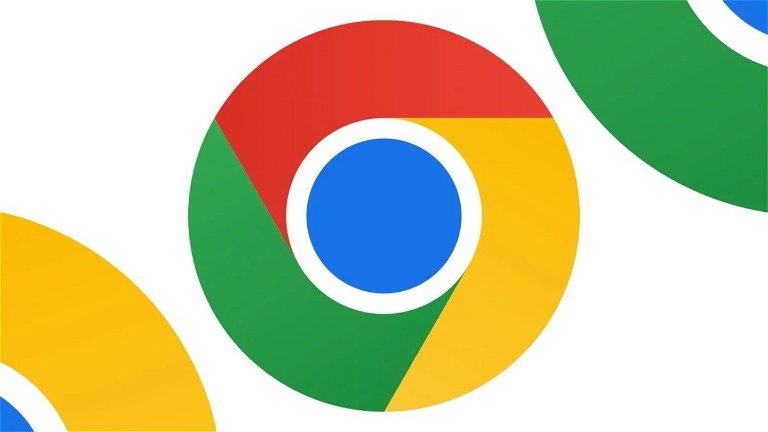
Google has decided to keep third-party cookies in Chrome. Despite previously announced plans to phase out these cookies in favor of more advanced privacy technologies, the company has decided to keep them active in its web browser. This change in strategy comes after facing numerous technical and implementation challenges in its Privacy Sandbox initiative, designed to protect user privacy while maintaining the effectiveness of digital advertising.
Third-party cookies are a critical component of the digital ecosystem, as they allow advertisers to track users across different websites and deliver personalized ads. Google had announced its intention to follow in the footsteps of browsers such as Firefox and Safari, which have already blocked these cookies by default. However, the company now faces internal and external pressures to reconsider the potentially disruptive impact of this move, opting for a more cautious and balanced approach.
Google backtracks: it won’t delete cookies from Chrome
Google’s change in plan not to end third-party cookies is due to several complex reasons. Many advertisers and publishers rely on these cookies to underpin their business models, and an abrupt change could cause significant disruption to the digital advertising industry.
Google has acknowledged that it needs more time to develop and test effective alternatives that can replace third-party cookies without compromising user privacy or the efficiency of the advertising market.
In addition, pressure from regulators and privacy advocacy groups has influenced Google’s decision. The company must find a balance between protecting users’ privacy and maintaining an open and accessible Internet ecosystem.
Critics point out that by keeping third-party cookies, Google could be prioritizing its own business interests over protecting user data. However, Google says that its goal is to find a solution that benefits all stakeholders, with a strong commitment to online privacy and security.
The announcement was made by Anthony Chavez, VP of Sandbox, through a public statement in which you can read the reasons behind this decision and the plans for Chrome. Of course, advertisers are the biggest beneficiaries of this decision by Google.
That Google changes its mind and finally does not end third-party cookies in Chrome reflects the complexity of balancing user privacy with commercial interests. The industry will need to continue to innovate to find solutions that satisfy all parties involved, while consumers expect a safer and more private browsing experience.

Comments